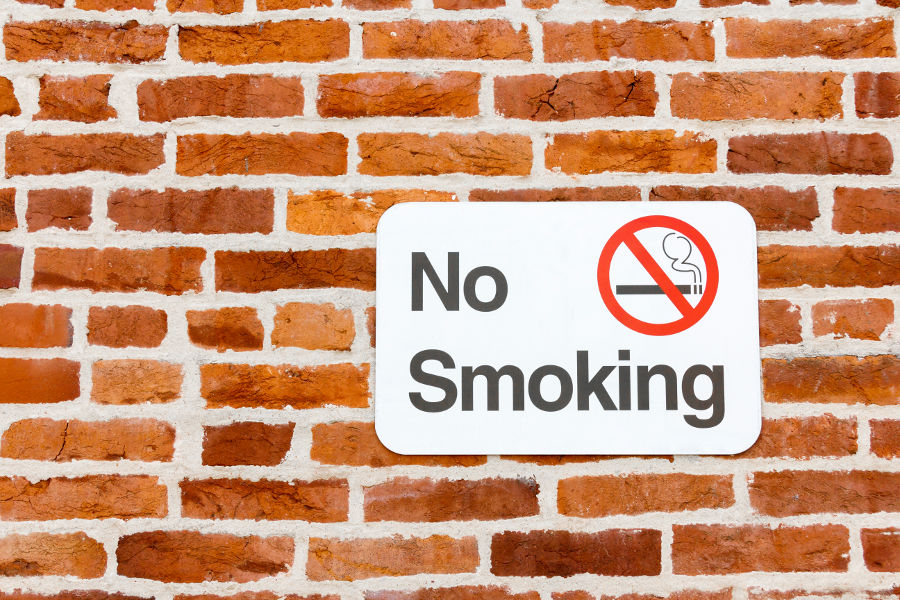Starting next year, Class A multifamily properties will have to create and distribute a Smoking Policy for their buildings – see the full text of the law here.
What’s a Smoking Policy?
According to the new law, a Smoking Policy means “a written declaration that states in a clear and conspicuous fashion where smoking is permitted or prohibited on the premises of a Class A multiple dwelling.”
What should the Smoking Policy include?
The Policy must address all indoor and outdoor locations of the building, including:
- common areas
- dwelling units
- common courtyards
- rooftops
- balconies
- patios
- outdoor areas connected to dwelling units
The policy impacts all residents, tenants, owners, lessees and sub-lessees, and invitees of tenants – anyone on the property.
Does this rule impact current smoking laws?
From the rule, “the provisions of this chapter shall not be interpreted or construed to permit smoking, using electronic cigarettes, or using smokeless tobacco where it is prohibited or otherwise restricted by applicable laws, rules, or regulations.”
Basically, the Smoking Policy for a building must comply with established city law – the Policy may not allow smoking in certain areas if current law prohibits smoking in those areas.
How do you communicate the Policy?
Upon adoption, copies of the Policy must be provided to all tenants (including individual owners – see below), or posted at a prominent location in the building. If the owner chooses to distribute the Policy, it must be distributed annually going forward (no dates specified in the law, though agencies may add clarity here).
The Policy must also be included in future lease agreements, purchase or share agreements, and subleases.
Additionally, written notification must be provided in the event of a material change to the Policy. Copies of all Policy documentation, notices, and material changes must be made available to agency inspectors/departments upon request.
How does this affect condos and co-ops?
Condos and co-ops must also abide by this rule, with the board of managers, directors, or governing body standing in for the “building owner.” The word tenant, as used in the law, covers all Class A dwellers, including individual unit owners and tenant-shareholders (as well as anyone occupying an owned unit as a lease or sublease).
The Policy must also be incorporated into building rules and bylaws.
Are individual unit owners liable?
Yes – it will be unlawful for tenant-shareholders, individual unit owners, or tenants who lease or sublease a unit to fail to disclose the Policy.
How will this be enforced?
Per the law, owners who fail to comply with the Policy rules will be liable for a $100 penalty per violation. Failing to have the documentation during inspections/on request will result in fines of $100 per violation, with $50 penalties handed down to individuals smoking/using electronic cigarettes as prohibited by the existing laws.
Separately, steeper penalties of up to $2000 per infraction could be handed down for related infractions tied to designated smoking room regulations or employer policies.
When does this law go into effect?
365 days after it becomes law (signing). The sign date was August 28th, 2017, so this requirement should be in effect before September 2018.
As always, we’ll provide any additional details as released by the DOHMH, HPD, or DOB. Until then, you’ll want to incorporate Policy development into next year’s compliance plan.



